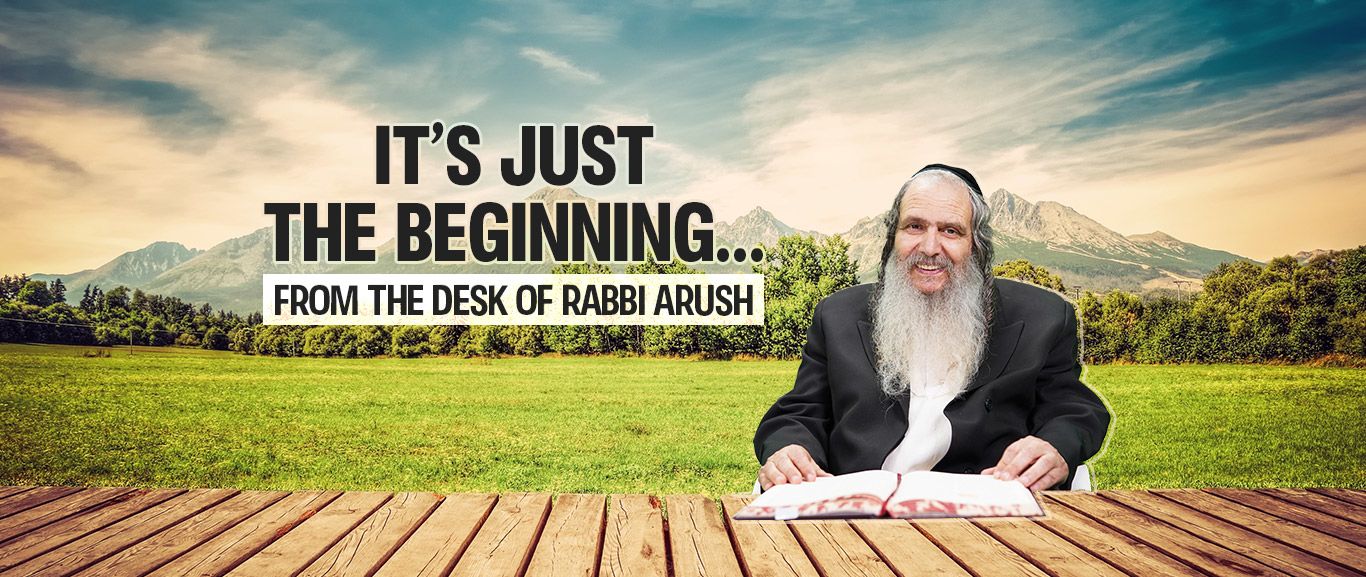
It’s Just the Beginning…
Acquiring the Torah is a daily task, not a one-time event. We will count 50 days from Pesach to Shavuot to refine our middot, but the work never ends. That's what is so beautiful about life. One is always moving forward, improving oneself, discovering new things.

Translated from Rabbi Arush’s feature article in the weekly Chut shel Chessed newsletter. The articles focus on his main message: “Loving others as yourself” and emuna.
Ongoing Therapy
There was no doubt whatsoever that the marital therapy they had undergone had saved their marriage. Chaim and Dvora, who had been on the verge of divorce, sat in the tenth and last meeting with their marriage counselor, and allowed themselves to look back and survey the incredible process they had gone through: from emotional disconnect, much baggage, and bad blood, they had become good friends who trusted each other deeply and enjoyed excellent mutual communication.
Before they took leave from marriage counselor, he asked them to listen to his last missive carefully. “If you think,” he said, “that you will walk out of here and that you have ‘completed’ the treatment and are on the right path – then you are on the sure and swift route to the next disaster. But if you understand that marital therapy never ends and that you must continue to nurture your marriage and invest in it – you may be sure that you will only rise higher and higher and will be able to conquer any mountain and grow – together – from every crisis. Any emotional work in this life and especially on shalom bayit (peace in the home) is something that is never completed. It is lifelong. One must never get used to things. One must never think that life has gone back to normal. Shalom bayit should always be the foremost thing on your minds.”
The Beauty of Life
This is a message that is true for anything real and internal in life. The work never ends, and that is precisely what is so beautiful about life. One is always moving forward, improving oneself, discovering new things. Life also includes many obstacles on the way, and one must always be ready to deal with them. When a person is always involved in this continuous therapy, he will always be vigilant and will always approach any problem from the viewpoint of what he knows already, and so, crises will only strengthen him and advance him.
Before Shavuot, we counted seven weeks. We made a great effort to acquire Torah. We invested and arrived at the big day. Now it is the day before Shavuot, a moment before the work is “completed”, and we are about to enjoy the fruits of our labors. This is the time to remind ourselves that the work never ends. It is just the beginning.
Acquiring the Torah, receiving the Torah – is a daily task. We have undergone a concentrated course to reach the fiftieth day – but receiving the Torah is not a one-time event. It is just the first action and the catalyst for the regular, thorough, daily work of receiving the Torah every day.
The Key to Chiddushim
In a previous article, we mentioned that Shavuot is the root for our accepting the Torah every day anew; every day we make the full blessing, “Who gives the Torah”, even mentioning Hashem’s Name and His Kingship.
In the second blessing of Kri’at Shema, which begins with “Ahavat olam”, we ask, every day anew, “And instill in our hearts to understand and elucidate, to listen, learn, teach, safeguard, perform, and fulfill all the words of Your Torah’s teachings with love. Enlighten our eyes in Your Torah, attach our hearts to Your commandments…” because it is a daily endeavor, one undertaken every day, necessitating daily Divine help.
The Netziv of Volozhin said about himself that every day that he doesn’t cry when reciting the brachah (blessing) of Ahavat olam, he does not manage to come up with chiddushim (new insights) in Torah! The righteous felt and knew that receiving the Torah was a daily endeavor, a labor performed anew every day.
Sefirat Ha’omer just focuses us and shows us the main effort we must make each and every day in order to receive the Torah anew.
What Are We Supposed to Do?
The main work of the days of Sefirat Ha’Omer, which is our main preparation for receiving the Torah, is on interpersonal relationships. We note the death of Rabbi Akiva’s disciples in order to correct their fault and begin to behave towards each other with respect, so that we can understand and internalize that the purpose of the Torah is the deeds. We remind ourselves every year again that when tens of thousands of Torah scholars learned Torah and did not translate it into deeds, they were punished very severely.
On the other hand, Rabbi Akiva himself merited knowledge of Torah the likes of which there had not ever been before, only because of his good middot – his ahavat Yisrael (love of Jews). And after him, his disciple Rabbi Shimon and his associates merited what they merited only because of the love they had for each other.
Also, during the Sefira we read Pirkei Avot (Chapters of the Fathers) in preparation for receiving the Torah, because in Pirkei Avot there are warnings and many instructions regarding interpersonal matters, alongside much emphasis and many instructions regarding Torah study.
And therefore, each and every one of us – male or female – who wishes to receive the Torah must, every day anew, make it a priority to work on and emphasize ahavat Yisrael and all the interpersonal mitzvot.
Beyond the Letter of the Law
To merit Torah, one must find favor in Hashem’s eyes, so that He will give us the wonderful gift that is Torah. But Pirkei Avot reminds us that the way to find favor in His eyes is: “One who is pleasing to his fellow men, is pleasing to Hashem.”
Think about that: What does it mean “pleasing to his fellow men”? It does not mean to just not do anything bad, but rather also to do good and help and smile at people, and have mercy, and explain, and do much good in the world.
It also means to do many things beyond the letter of the law. Because even though a person can demand his “rights” according to the law, and perhaps he is indeed right, such a stance does not add to the atmosphere of being “pleasing to his fellow men.” “Don’t be right, be smart,” as the saying goes. Chazal speaks sharply about this: Jerusalem, they say, was destroyed because judgments were made according to the law of the Torah. The Gemara explains: “They based their judgments on the Torah law and did not go beyond the letter of the law.”
The Creator’s Partner
And why is this the necessary preparation, and the main thing upon which hangs the entire Torah, as well as the existence of the Jewish People and of the Beit HaMikdash?
We find here an extremely important element of faith and the secrets of Creation. Hashem created the world in order to do good to His creations. Anything that makes the world good is really the greatest “help” anyone can give Hashem. Realizing Hashem’s will puts one into the closest partnership with Him. It is the greatest furthering and aid for bringing about the purpose of the entire world.
The holy Torah, too, which is the upholding of creation – its importance and goal is “Its ways are ways of pleasantness, and all its paths are peace”: to change the world into a pleasant place, where peace and love reign. And therefore, talmidei chachamim (Torah scholars) who truly learn the Torah, increase peace in the world. Even all the disagreements – if they are for the sake of Heaven – in the end they only increase love and peace, as Chazal says about the passuk, “et vahev besufa” – “the gift of the Sea of Reeds.”
On the other hand, when a person causes distress to another person, or even just ignores that other person’s distress, he makes the entire world into a place that is less pleasant to be in, not as good for the creatures in it, and so he is really opposing the entire goal of the Creator. In fact, he is actually acting against the Creator.
That is the deep reason why if one is not pleasing to other people, one is not pleasing to Hashem, and it does not matter how much one learns and how many mitzvot one does.
A Good Lesson
The Torah and Hashem and Yisrael are one. Hashem is good and does good. And as He is good, we too must be good. To be truly “Yisrael,” we have to emulate Hashem, and so we will be able to receive the true Torah, which is a Torah of goodness and loving kindness, a Torah of “torat chessed al leshona” – the teaching of kindness is on her tongue.
May we merit – on Shavuot and every day anew – to be really good and to do good to others and so to connect with the Creator, blessed be He, Who is the source of all that is good, and then we will merit the “good lesson I have given you,” “good” meaning Torah.


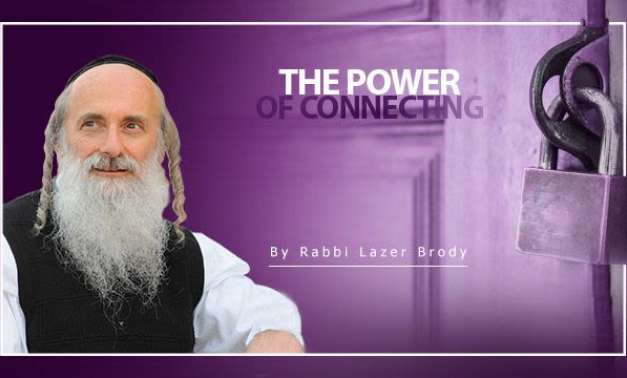
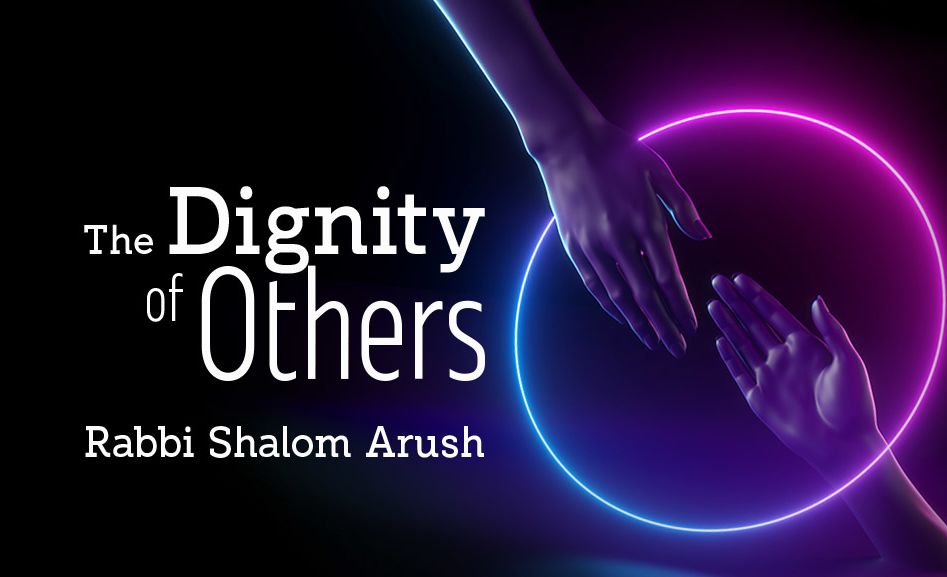

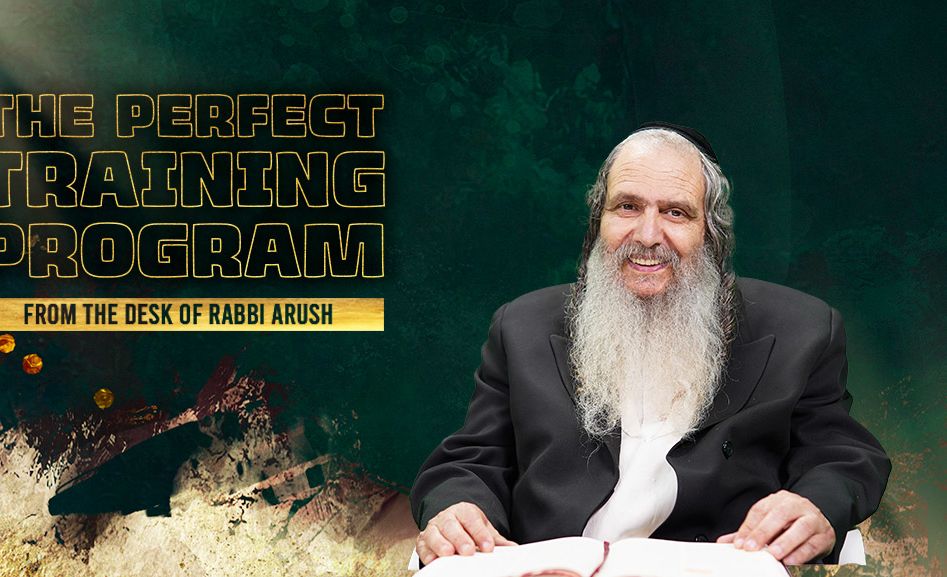
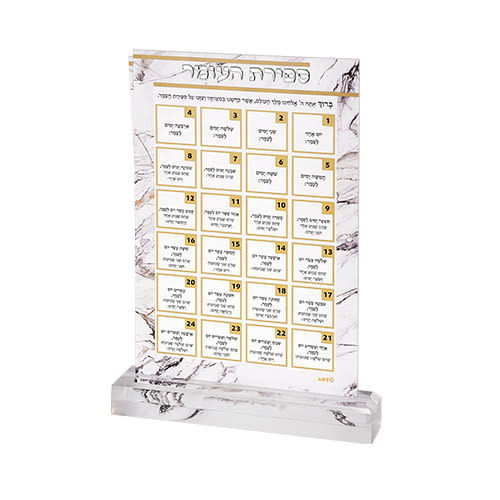




6/20/2022
Good teaching……we are going to be different when we do good and do good to others. and to connect with our Creator.
Those are always, everyday my prayers. Blessed be the God of Abraham Isaac and Jacob.